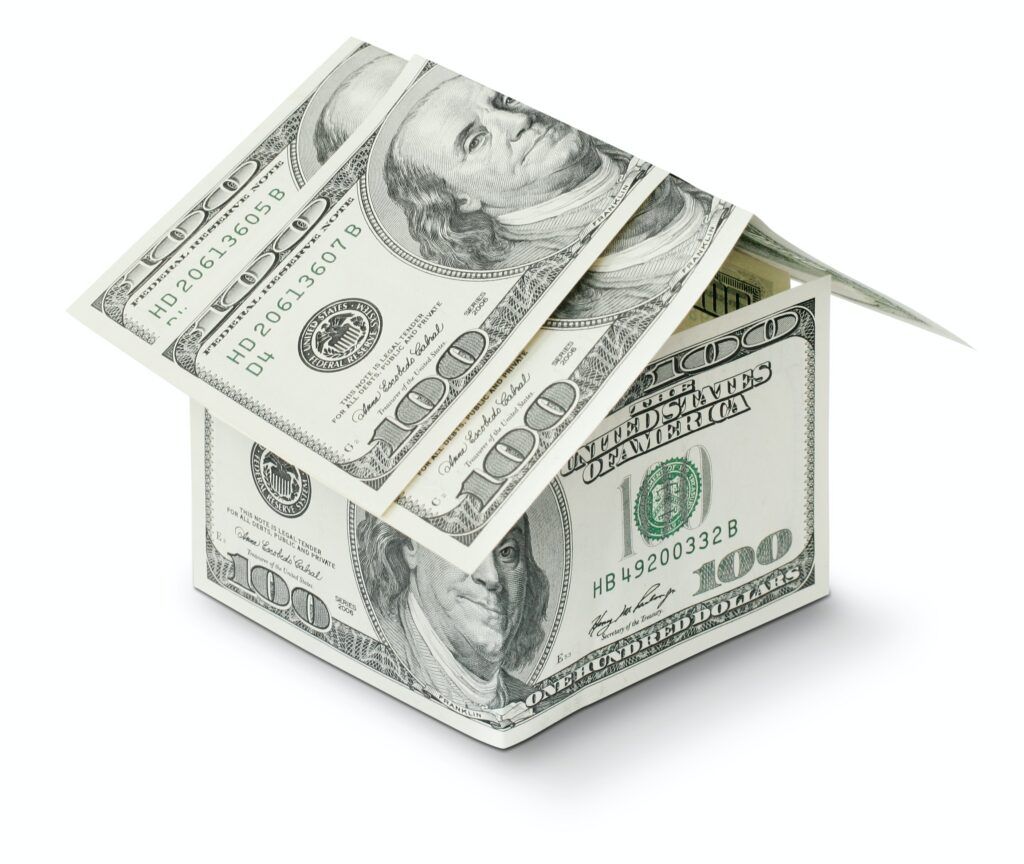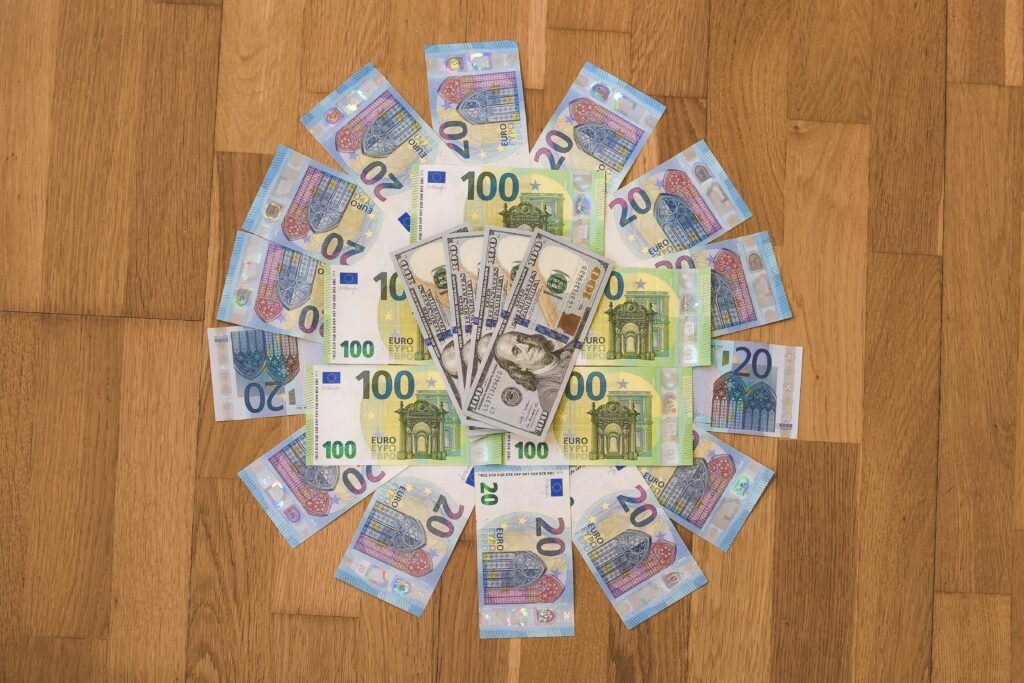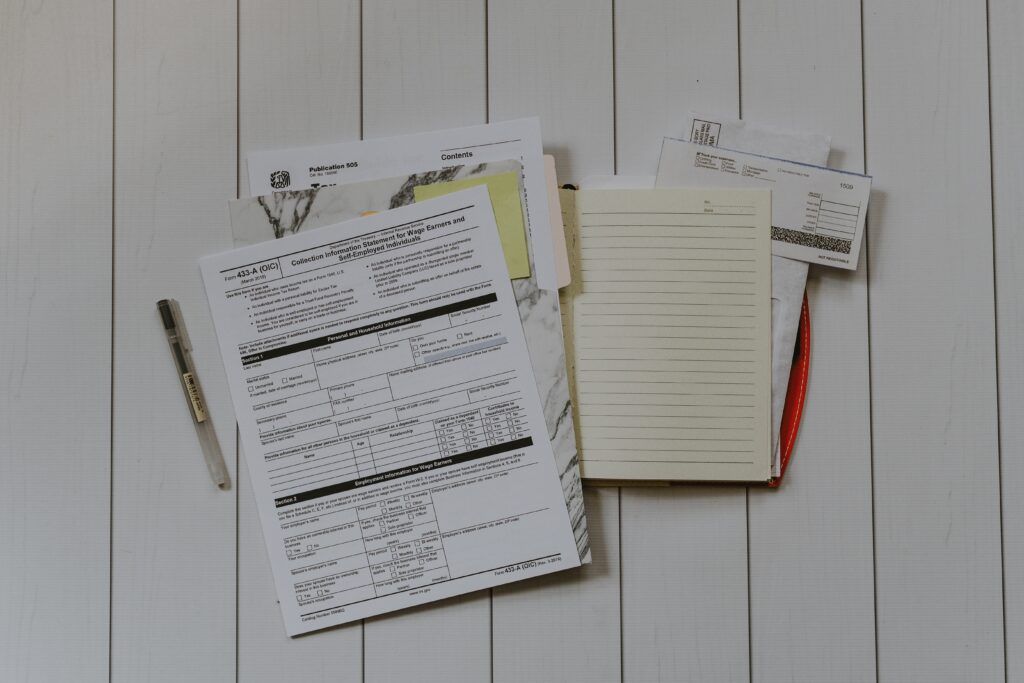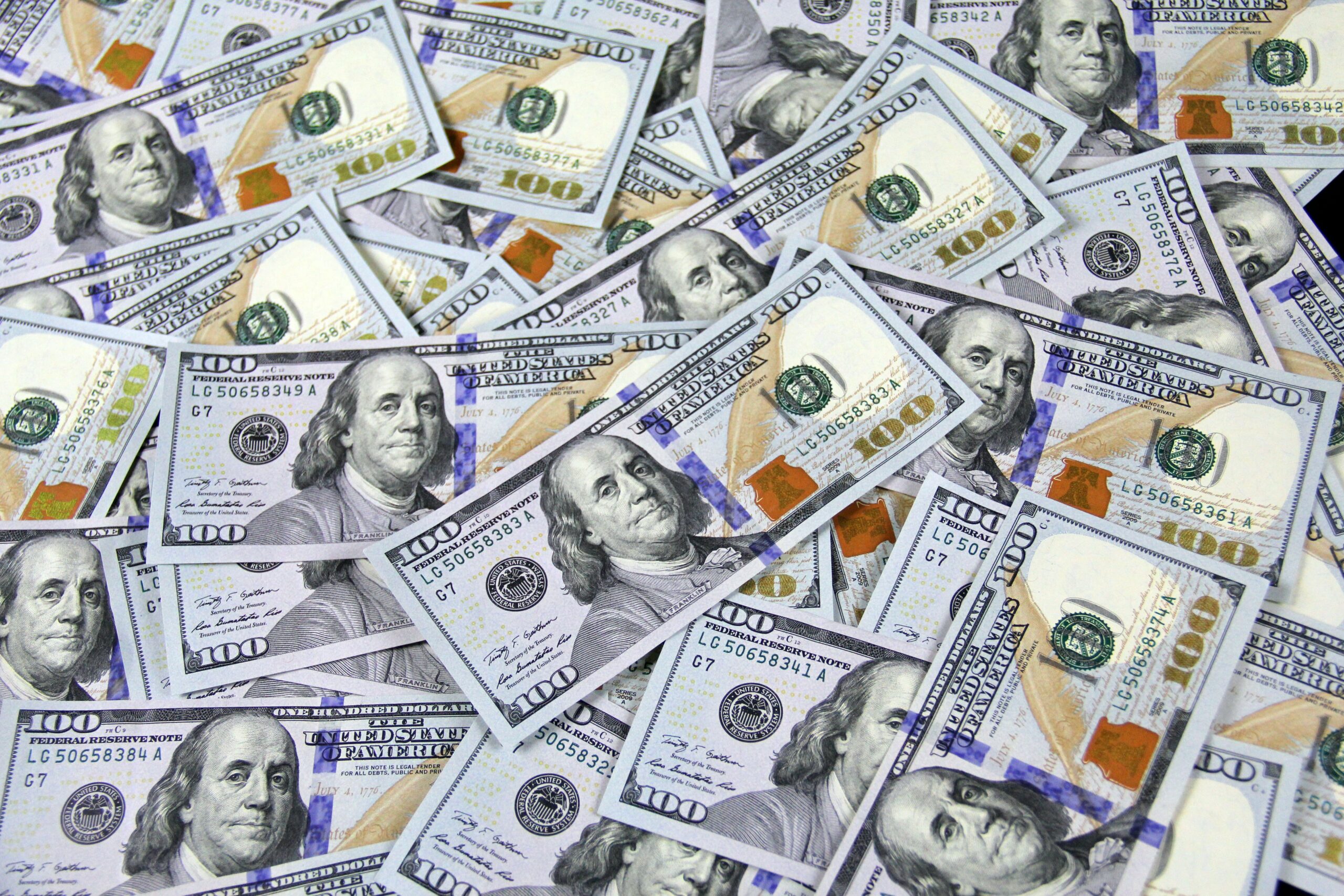You have a variety of ways to spend the extra money you receive. Home repair projects or credit card debt can be paid with it, for example. A Cash-Out Refinance has different tax consequences depending on how the money is spent.
Even more so this year, according to Lauren Anastasia, a Certified Financial Planner at Sofia. One of those modifications may be a home office. If you’re thinking about developing or renovating a home office space, consider the following considerations.
The cash-out component would be made in this situation. The interest on all of your mortgages is deductible, as well. In the end, a cash-out could provide you with the money you need to pay for renovations or other obligations.
Consider a remortgage with cash-out if that describes your situation. When you take out a new mortgage that exceeds the amount you owe on your house, you’re taking out a second mortgage. You’ll receive a payment from the lender for the difference.
In essence, it allows you to access some of your home’s equity. Mortgage rates are currently at historic lows. You can save money on interest by refinancing at a cheaper rate.
Refinancing with cash out: the fundamentals.
For example, let’s assume you owe $400,000 on your home. You’ve paid off $150,000, which represents the value of the equity you’ve built up in the house. In the absence of interest, this leaves you with a balance of 250,000 Dollars.
Refinancing a 250,000 Dollar home loan into a 300,000 Dollar mortgage is an example of this. You’ll owe your house another $300,000, reducing your equity to just $100,000.

However, your lender gives you a chequeen for the difference of 50,000 dollars. All of a sudden, you have access to the funds that were before encased in your home. It is becoming more popular because of low-interest rates, says Anastasia.
Freddie Mac’s quarterly refinances figures to support this claim. In a “Cash-Out Refinance,” you take out a loan for an amount more than what you owe on your property.
Advantage:
You’ll get the difference between your current and future property value. In addition, I will make a one-time payment of the new loan balance in cash. There are a few things to keep in mind when it comes to a mortgage.
It’s not uncommon for mortgage points to be partially deductible in the first year after taking out the loan. You can, however, take advantage of your new mortgage by making improvements to your home.
In addition, if you meet the six “conditions” listed under “Deduction Allowed in Year Paid” in the table. You may be able to claim a tax benefit if you purchase mortgage points during a refinance.
Generally, you can deduct a percentage of your discount points on your refinance in the years after your initial year. To get a lower interest rate, you can pay a discount point.

To achieve a lower interest rate, you’re prepaying some interest. In some cases, you could take the full deduction for the portion of your points that went toward the home repair project.
How Much Do You Pay in Property Taxes?
Other taxes, such as recordation taxes, may also be applicable. In other words, these are the costs you pay to your town or the government when you register your home for a mortgage. The value of your house might rise significantly if you make improvements, as Anastasia points out. Your property taxes may go higher. The laws in your area are pretty crucial to keep an eye on.

The most you can deduct for interest on a home loan is:
If you owe more than 750,000 dollars on loan, you can only deduct the interest you pay on that debt. You can get a larger mortgage by refinancing. Can deduct only interest on a loan amount of up to 750,000 Dollars.
You should be aware that the amount of mortgage interest that the IRS can deduct from your taxable income is limited.
The Tax Effects of Refinancing with Cash Out:
Anastasia advises that you engage with a lender who has extensive knowledge of your area. Ask whether any special, local taxes might apply to you, as well. If you have been approved to take out a specific amount of money, it doesn’t mean you have to accept it all, she says.
Taking whatever the bank offers us is not necessary. Do not take more than you require. Getting hammered with Cash-Out Refinance taxes isn’t something you have to worry about. But if you don’t use the money to make capital improvements to your home, you may lose deductions.
In addition, there may be municipal taxes to take into account. Remember to look a few years down the future as well. When you’re done with this procedure, think about what you want to achieve and why you’re doing it.
Is a Cash-Out Refinance Tax-Deductible or Not?
It does not matter whether you are using the cash-out for business or personal reasons; you are not subject to the new tax laws. For debt repayment, you must be aware that the interest is no longer deductible. Just because you opt for a Cash-Out Refinance doesn’t mean you’ll pay more in taxes.
However, you may lose some tax advantages, such as deductions, if you utilize the money in a non-tax-advantaged manner. That’s what Lisa Greene-Lewis, a CPA and tax expert at TurboTax, says.

Is a cash-out refinance taxed or non-taxed?
Or, more specifically, are you required to pay taxes on your income? ‘No,’ is the brief answer. Taking out money is not a form of income but rather a form of borrowing. As a result, you won’t owe any taxes on that money. Mortgage interest deductions will be limited after December 31, 2017, to simply the portion of the mortgage that you owe.
“Buy, build, or substantially upgrade your home” is the purpose of this. When it comes to tax deductions, it would be ideal to use the money from your Cash-Out Refinance to repair your primary residence, allowing you to deduct the interest you paid on the loan in question.
Even if you think something is an upgrade, that doesn’t indicate that it is. For a capital-home renovation, such as a new roof or an addition of an additional bedroom, it must be substantial enough to warrant a capital outlay. Something that will increase the property’s value.
Repairs, like replacing an HVAC system or restoring a broken window, are out of the question. The tax consequences of cash-out refinancing are not the only thing to keep in mind. So if you use your cash-out to pay off your credit card debt, for example. Keep in mind, though, that you may not be able to deduct interest from the cost of your ideal vacation.

